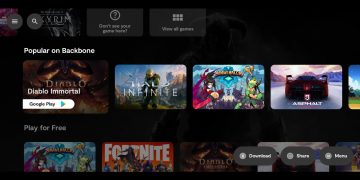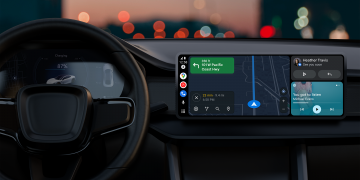FP StaffOct 17, 2022 12:22:53 IST
Google’s recently launched Pixel 7 and Pixel 7 Pro are the first smartphones that support 64-bit apps. This is a huge deal, considering that modern mobile SoCs are developed on 64-bit architecture, and will therefore run these apps more efficiently, at least in theory. However, the downside is that devices like the Pixel 7 and the Pixel 7 Pro, which support 64-bit apps, are not able to work with 32-bit versions of these apps.
Google wants other device manufacturers to follow their cue and move to 64-bit-only architecture for better security and performance. Image Credit: Google
For years now, Google has been working towards a future where Android would become a 64-bit operating system instead of one that still supports 32-bit software. A 64-bit operating system can access many more memory addresses, which leads to improvements on both security, but more importantly performance. As mentioned earlier, it also drastically improves efficiency.
Android started supporting 64-bit apps in 2011, when they launched Android 5. However, Google never mandated app developers to submit a 64-bit version of their apps back then. In 2019, however, Google made it a requirement for app developers to submit a 64-bit version of their apps.
Even though the Pixel 7 series only supports 64-bit apps, the devices are not running on a 64-bit only version of Android. Instead, they’re only blocking the installation of 32-bit apps and show a message that reads “app not installed as app isn’t compatible with your phone” appearing when a user attempts to install a 32-bit app.
Now, Pixel 7 and Pixel 7 Pro users, and any user who gets a device that supports only 64-bit apps, will not be facing any major challenges. What will happen, is that certain legacy apps, which have not been updated for a long time, and apps that have no 64-bit versions of their apps, will not work on these devices. Do note, that the number of such apps is very limited, and were anyway some form of emulators.
Google hopes that other manufacturers and app developers take the cue and slowly start porting their developing efforts to 64-bit versions only, as Google hopes to make the Android OS a 64-bit OS only at some point in time.
This claim is further supported by the fact that the upcoming Pixel Tablet will be the first Android device that is truly a 64-bit-only device. With Android 14, several other devices are expected to switch over to the 64-bit-only architecture.
Source by www.firstpost.com





























